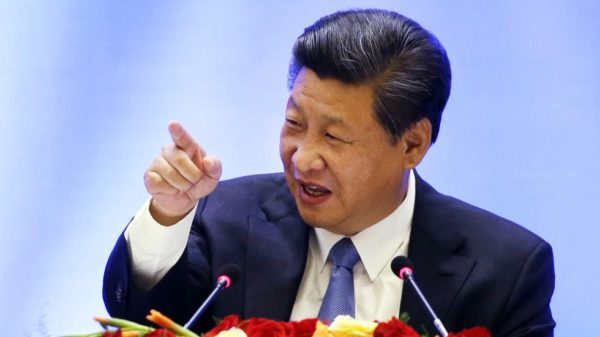The Nigerian Upstream Petroleum Regulatory Commission (NUPRC), has reiterated that the implementation of the Petroleum Industry (PIA) will phase out marginal field operations.
Marginal fields refer to discoveries which have not been exploited for long, due to one or more of the following factors: very small sizes of reserves/pool to the extent of not being economically viable alongside lack of infrastructure in the vicinity and profitable consumers.
Chief Executive Officer of NUPRC, Mr.Gbenga Komolafe, stated this at a forum organized by PwC Nigeria, with the theme: ‘Marginal Oilfield Licence: After Winning, What Next?’.
Komolafe who was represented by the Executive Commissioner, Economic Regulation and Strategic Planning, NUPRC, Dr.Kelechi Ofoegbu, said emphasis will now be on equalising all oil and gas producers in Nigeria.
He added that NUPRC is willing to support any innovative financing arrangements that the industry is evaluating and mediate any disputes among licence holders.
Section 94(9) of the PIA has put an end to marginal field awards and replaced by award of Petroleum Prospecting License (PPL). The Act states that “No new Marginal Field shall be declared under this Act”.
Accordingly, the Minister shall now award PPL on undeveloped fields following an open, fair, transparent, competitive, and non-discriminatory bidding process in line with Sections 73 and 74 of the Act.
Recall that there have been concerns that majority of the firms that were recently granted Petroleum Prospecting Licenses(PPL) are finding it difficult to secure funding for the various assets.
Some of the stakeholders who spoke at the forum advised marginal field companies to focus on local market to raise finance.
They implored marginal field companies should ensure the Special Purpose Vehicles (SPV) to be adopted for their operations are structured in a tax and regulatory optimal manner
The stakeholders also advised marginal field operators should incorporate an ESG action plan into their operations to ensure easy access to scarce international funding. They emphasized the need for a regulation that provides clarity and certainty to the burning issues facing marginal field companies.
In his speech, Mr Pedro Omontuemhen, Partner, Energy, Utilities & Resources and Africa Oil and Gas Leader, explained the rationale behind the PwC’s oil and gas stakeholders forum.
“We organised this event at a pivotal moment in the industry. Several new marginal oilfield license holders who won the recent bid round are keen on moving ahead quickly in the journey to first oil.
“We aim to foster collaboration by bringing established industry operators to share their experiences and discuss best practices to enable the new players to succeed.
“Developing a marginal oil field is a capital-intensive project. Post the euphoria of winning, the next focus for new marginal oil field operators is to figure out how to achieve first oil production quickly whilst setting up a sustainable structure. We have financiers, producing marginal operators and other stakeholders in the room to provide insights on how to achieve this objective.
Sharing his experience as an operator, Dr Layi Fatona, Executive Vice Chairman, ND Western Limited, advised new marginal oilfield awardees to manage their cost profile and focus on long-term success.
He said partnerships are vital to achieving first-oil production in a timely manner. He advised marginal operators to prioritise human capital development and strategic partnerships.














